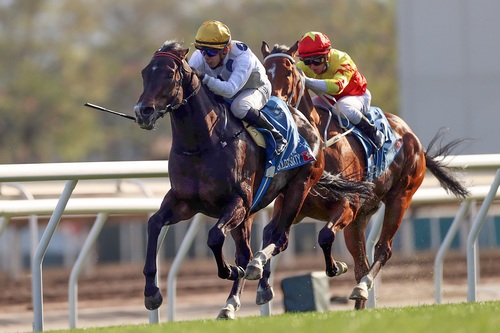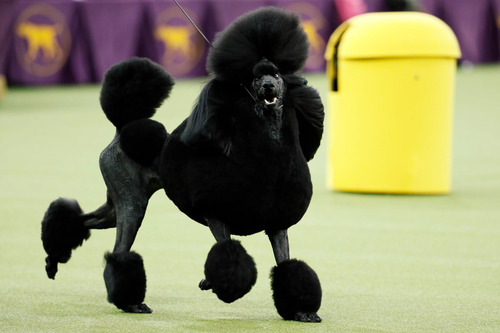In the world of animal care, insurance is a concept we typically associate with pets and livestock. However, certain animals require insurance not just for health coverage but as part of their high-value status or the specific roles they play in entertainment and work. This article explores which animals are commonly insured, the reasons behind this necessity, and the fascinating world of animal insurance.
Racehorses stand out as the most commonly insured animals. These equine athletes can be worth millions of dollars, making insurance a crucial part of their ownership. Insuring a racehorse protects the owner against financial loss in the event of injury, illness, or death.

Valuation: Racehorses can be valued anywhere from a few thousand to several million dollars, depending on their pedigree, performance history, and potential.
Coverage Types: Common insurance options for racehorses include mortality coverage, major medical coverage, and loss of use insurance, which provides financial compensation if a horse can no longer compete due to injury.
While racehorses take the lead, several other animals are also insured for various reasons.
Show dogs, particularly those competing in prestigious dog shows like the Westminster Kennel Club Dog Show, often have insurance policies to cover potential injuries or illnesses.
Value: Prize-winning breeds can be worth tens of thousands of dollars.
Coverage: Insurance typically includes health coverage and liability protection in case the dog causes damage or injury during competitions.

Exotic pets and animals used in entertainment, such as those in zoos or circuses, often require specialized insurance.
Unique Challenges: Exotic animals can pose unique risks due to their behavior and care requirements.
Insurance Policies: These policies often cover health care, liability for injury to the public, and loss of income if the animal cannot perform.
Farm animals, particularly those of high genetic value, may also be insured to protect farmers’ investments.
Types of Livestock: Cattle, sheep, and goats are common candidates for insurance.
Insurance Coverage: Policies typically cover mortality, theft, and veterinary expenses.
Animal insurance serves several vital purposes, including:
For high-value animals, insurance mitigates financial risks. In the case of unforeseen events, such as accidents or illnesses, insurance can provide much-needed financial support.
Insurance can promote responsible ownership and care. Knowing that they have coverage encourages owners to seek veterinary care promptly and maintain the animal’s well-being.
Insurance contributes to animal welfare by enabling owners to afford necessary medical treatments, surgeries, and preventive care, ensuring better overall health and longevity for the animals.
Choosing the right insurance policy for your animal involves several key considerations:
Determine the monetary value of the animal, considering factors like breeding, training, and potential future income.
Familiarize yourself with the different types of coverage available, including mortality, medical, and liability options, to select the most appropriate policy for your needs.
Research and compare various insurance providers, looking for reputable companies with good customer reviews and reliable claims processing.
Carefully review policy terms and conditions, including exclusions and limitations, to ensure you fully understand what is covered.
While many animals may not require insurance, racehorses lead the pack as the most commonly insured animals due to their high value and the financial risks associated with their care. Show dogs, exotic animals, and livestock also find themselves under the umbrella of insurance for various reasons. Ultimately, animal insurance plays a crucial role in protecting investments, promoting responsible ownership, and supporting animal welfare, ensuring that these beloved creatures receive the care they deserve. Whether you're a racehorse owner or a proud pet parent, understanding the importance of insurance can make all the difference in your animal's life.
animal tags: Be-Insured Racehorses
We created this article in conjunction with AI technology, then made sure it was fact-checked and edited by a Animals Top editor.